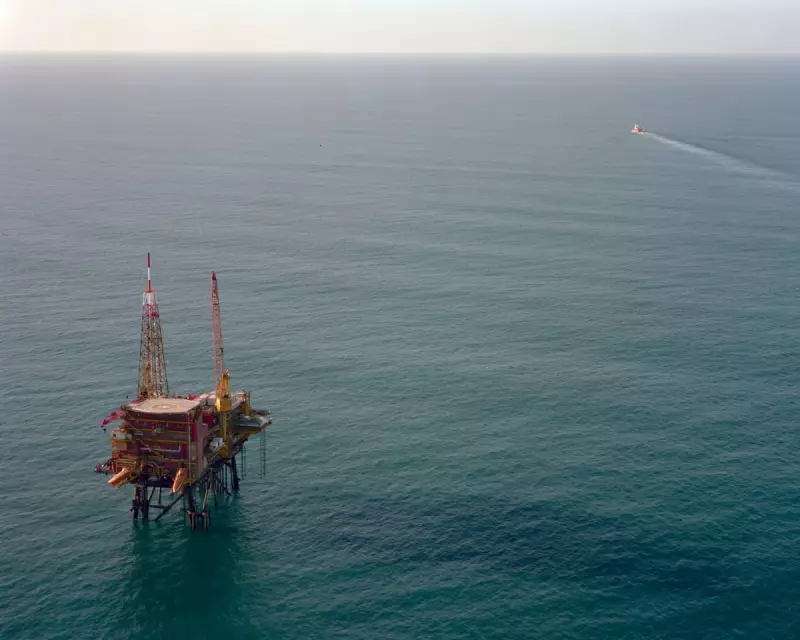
In a dramatic policy shift, New Zealand’s government has voted to lift the ban on fossil fuel exploration, reversing a landmark decision made in 2018. The move has sparked fierce debate, with environmentalists condemning it as a step backward in the fight against climate change, while industry leaders welcome the economic opportunities it may bring.
Why the Reversal?
The decision, passed by a narrow parliamentary majority, comes amid growing pressure to boost domestic energy production and reduce reliance on imports. Proponents argue that reopening oil and gas exploration will create jobs, strengthen energy security, and generate revenue for public services.
Environmental Backlash
Critics, however, warn that the move undermines New Zealand’s commitment to reducing carbon emissions. Green Party leaders have called it a "betrayal of future generations", while climate activists vow to challenge the decision through protests and legal action.
Economic vs. Ecological Trade-Off
The government insists that strict environmental safeguards will remain in place, but opponents remain sceptical. With global energy markets in flux, the long-term impact of this decision—both economically and ecologically—remains uncertain.





